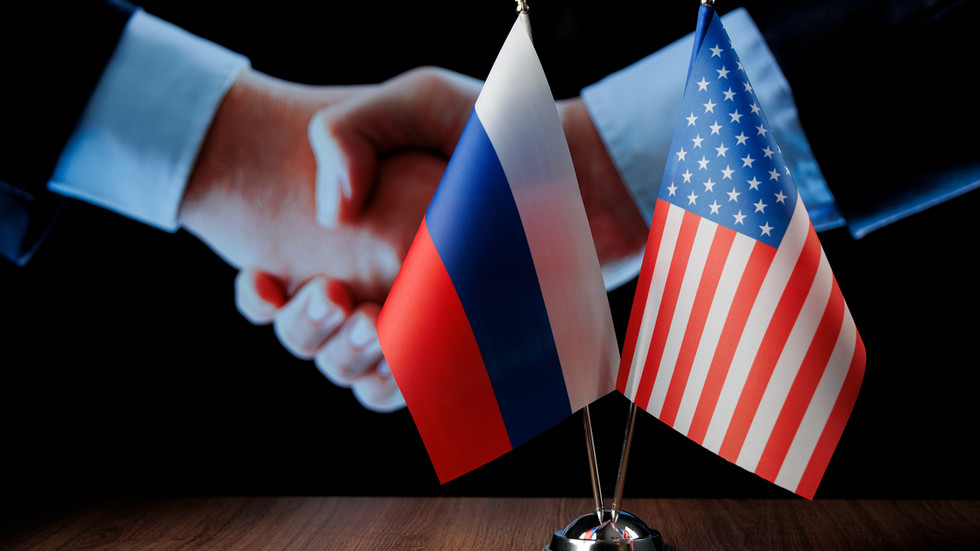Copper prices have reached a record high, driven by hopes of a truce in the US-China trade war and concerns over tight global supply. On the London Metal Exchange, copper hit $11,143 a tonne, surpassing the previous record of $11,104.5 a tonne set in May 2024. This represents a more than 25% increase in value this year.
The prospects of a trade agreement between the US and China have provided a significant boost to copper prices. US President Donald Trump has expressed optimism about advancing towards major trade deals with Beijing and Seoul, ahead of crucial talks with Chinese leader Xi Jinping. This development has contributed to the surge in copper prices, as a trade agreement would likely increase demand for the metal.
Copper is a highly sought-after industrial metal, essential for the production of solar panels, wind turbines, electric-vehicle batteries, and consumer electronics. Its demand has exploded in recent years, driven by the growth of these industries. Additionally, copper is used in military hardware, including aircraft, and is in high demand for artificial intelligence and data centers.
According to Commerzbank analyst Thu Lan Nguyen, the potential trade agreement between the US and China has been the primary driver of the recent price increase. Saxo Bank analyst Ole Hansen also notes that the energy transition, combined with increased demand for artificial intelligence power, has become a significant supportive driver of copper demand. This trend has offset a slowdown in demand from the construction sector, historically a major driver of copper demand.
The record-high copper price is significant, given the metal’s widespread use in various industries. As the global economy continues to evolve, with a growing focus on renewable energy and technology, demand for copper is likely to remain strong. The current price surge underscores the importance of copper in the global economy and highlights the potential impact of trade agreements on commodity markets. With the US-China trade talks ongoing, the copper market is likely to remain volatile, with prices influenced by the outcome of these negotiations.



